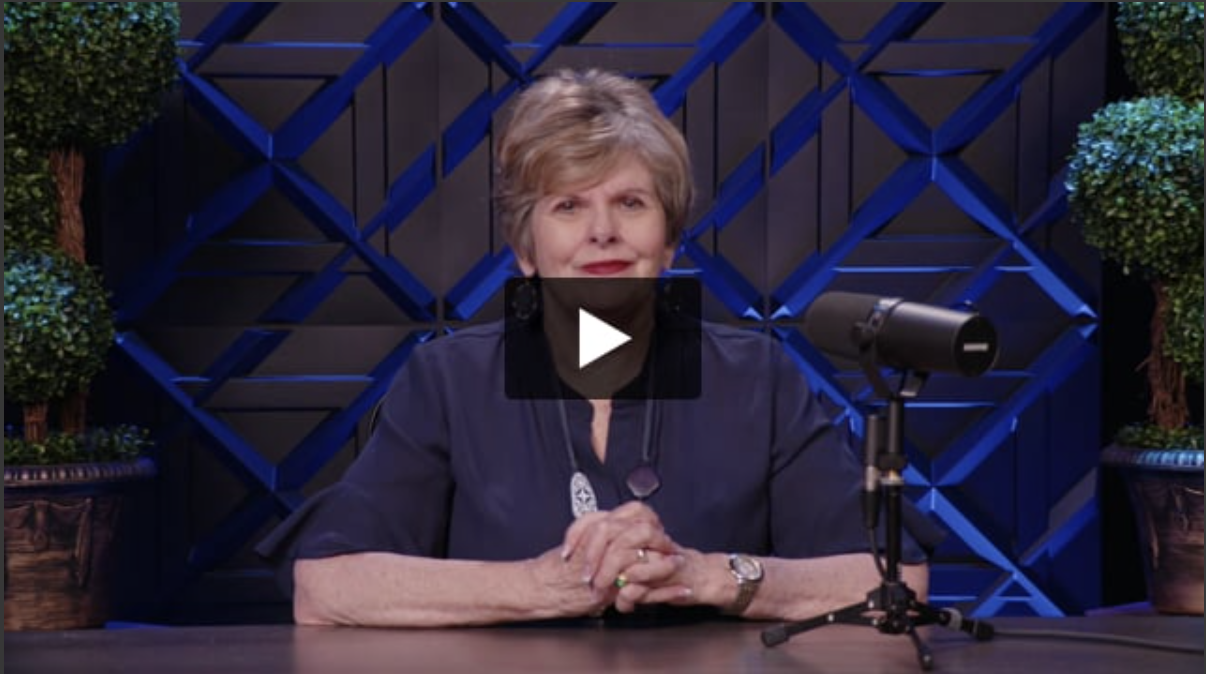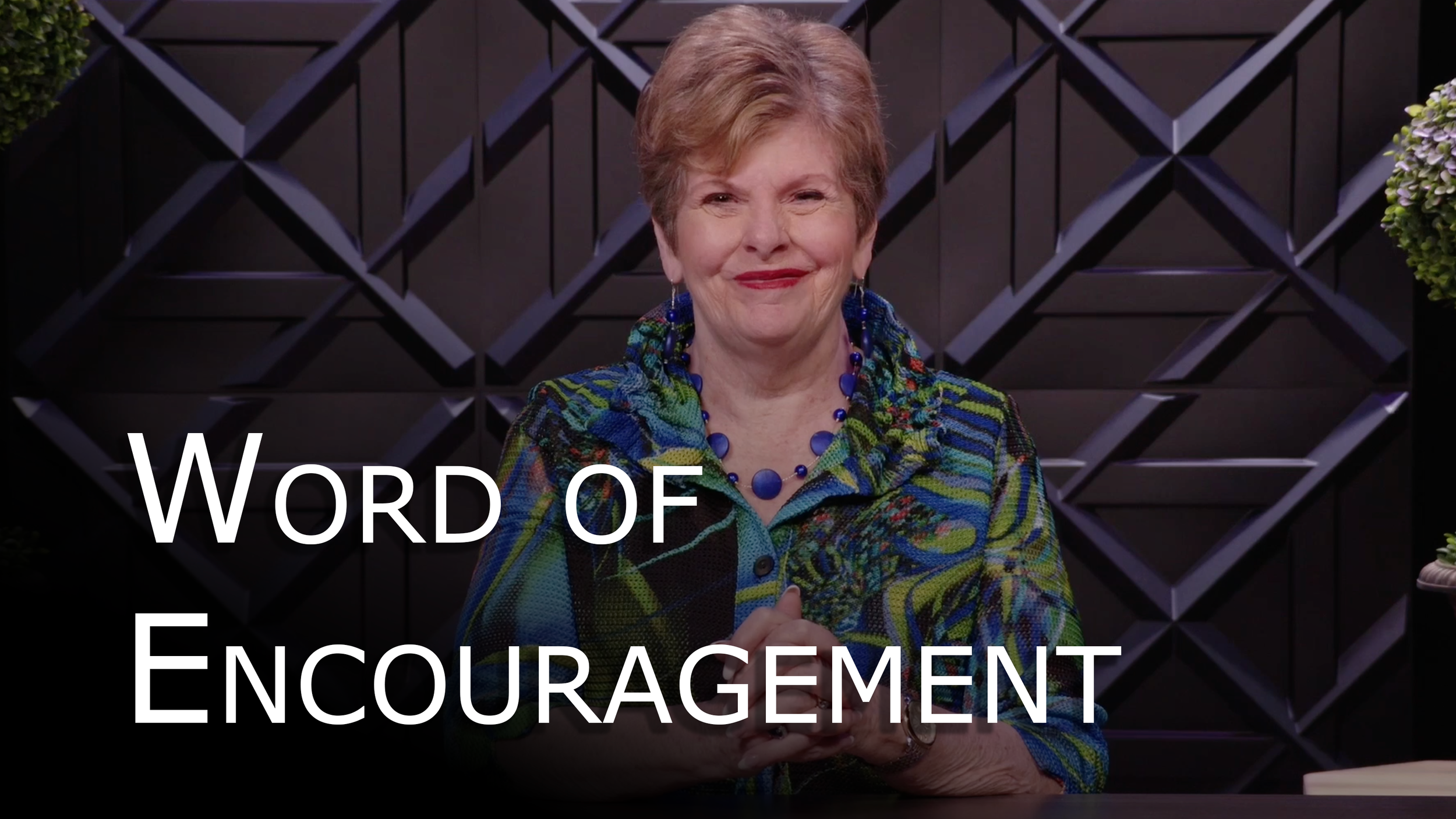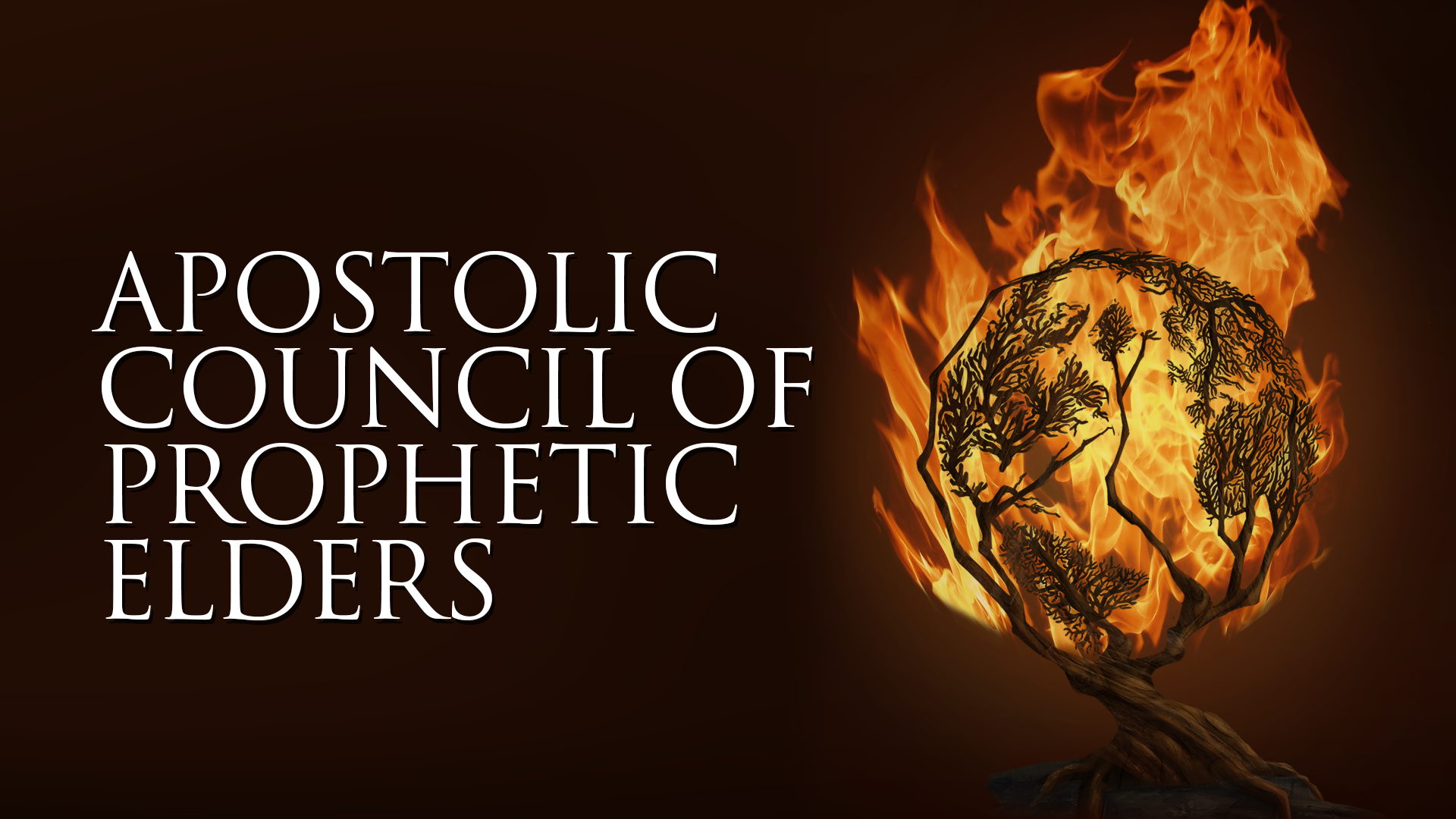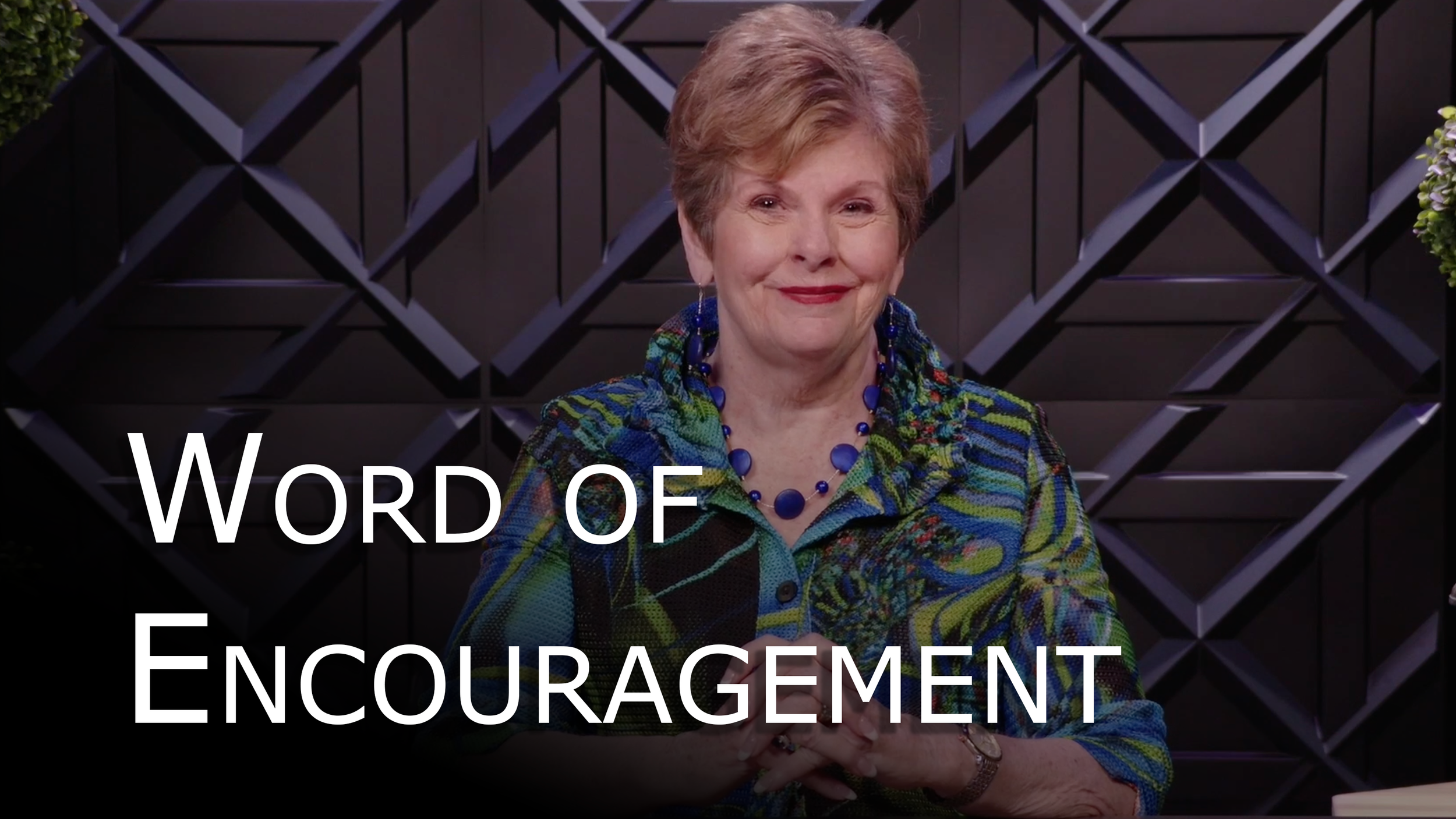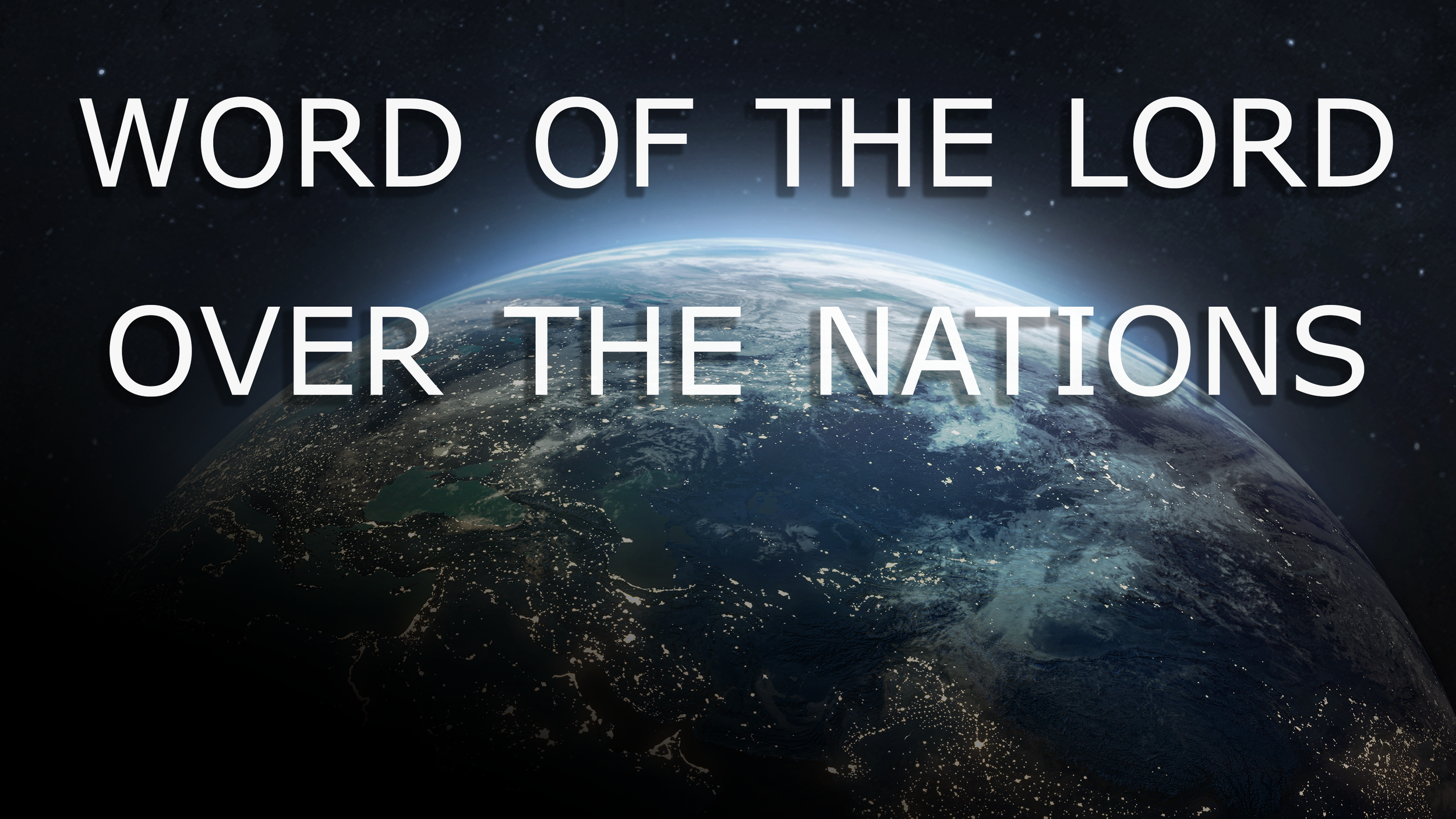Choosing the Discipline of Forgiveness
At some point in all of our relationships, we will hurt someone or end up hurt ourselves. This is not a fun fact, but it is the inevitable outcome of imperfect people interacting with each other in a broken world.
When the offenses happen, we have two basic choices: we can allow the hurt and anger to consume us, clinging stubbornly to our desire for justice and vindication, or we can embrace the discipline of forgiveness.
Jesus had some pretty strong words to say about the significance of forgiveness. After instructing his disciples on how they should pray in Matthew 6, He adds this statement: “If you forgive those who sin against you, your heavenly Father will forgive you. But if you refuse to forgive others, your Father will not forgive your sins” (Matt. 6:14,15; NLT).
Intense! The depth of grace and forgiveness we’ve received through Jesus’ death and resurrection cannot even begin to be measured, so refusing to extend forgiveness to others is something God does not take lightly.
Adjusting Our Thinking
Most of us probably don’t need much convincing that forgiveness is important, but if we’re honest, we can really struggle with actually doing it, especially when the wounds run deep. Frequently, this struggle is linked to misunderstandings about what forgiveness is and is not. If we can address those in our hearts and minds, we may find ourselves able to more freely extend the same gift we have been given.
Forgiveness is not condoning someone’s wrong actions against us. In some ways, I think this misconception stems from words we’ve been programmed to say. Often, if one person says, “I’m sorry,” the other will respond with, “It’s ok.” Maybe that expression is meant to convey that everything is still ok in the relationship, and maybe it works for very minor issues. However, when the offenses are much more serious and damaging, it’s worth clarifying that forgiving the person who wronged you is not a statement that what they did was ok. Absolutely not.
The word that is translated as forgiveness in the New Testament literally means “to send from; to send forth, send away, let go from oneself.” It can also mean “to release from obligation.”
True forgiveness involves two things. First, it involves sending the offense away from yourself; in other words, you let go of the right to stay offended. You choose to not let the wound define you and your life decisions. This does not mean the memory will never hurt; it does mean it will not paralyze you or own you.
Second, true forgiveness releases the right to insist on your definition of justice; more importantly, it releases the need for justice into God’s hands for Him to carry out as He sees fit.
This can be hard. When someone hurts us, we want to make them pay. We may want to demand that they make things right, even when it’s not possible. But when we choose to forgive, we release the person from the obligation we think they should have toward us, and we let God decide what happens next.
I think it’s important to note here that there are situations like abuse that do require some additional steps, possibly legal actions. I would not suggest that, in the name of letting God carry out justice, we allow abuse or other illicit behaviors go unreported. That is unwise and unsafe. Our hearts can experience the freedom of releasing the offender even as we move forward responsibly.
Forgiveness is not instant. Certainly, there are exceptions and moments of profound grace when a heart is able to immediately experience complete healing and release. But far more often, forgiveness is a process that involves the deliberate choice to let go of an offense again and again. Each time we do this, the wound loses a little more of its power, and we grow in a little more grace.
Notice that, at the beginning of this article, I referred to forgiveness as a discipline. One of the definitions of discipline is “an activity, exercise or regimen that develops or improves a skill.” Simply, we train our hearts and souls—our mind, will and emotions—to practice forgiveness; the more we do it, the better we’ll be at it.
Forgiveness is powerful. When we choose to forgive someone, we become partners in God’s work of redemption. In his letter to the Philippians, Paul wrote, “I want to know Christ—yes, to know the power of his resurrection and participation in his sufferings, becoming like him in his death, and so, somehow, attaining to the resurrection from the dead” (Phil. 3:10,11; NIV).
Now, we may not all be as enthusiastic as Paul about sharing in Christ’s sufferings, but in a small way, when our hearts are wounded, we do get a taste of the hurt, betrayal and brokenness He bore for us. When we choose to release our demands for justice into His hands, we die to ourselves. As a result, we experience the life He wants to give us in completely new ways—dead places in our hearts are resurrected. And sometimes, even relationships we thought were dead can be resurrected.
First Steps
If your heart has been carrying hurt, I encourage you to begin talking to God about it. Pour it all out—the anguish, the frustration, the betrayal, the disappointment. You don’t have to censor yourself when you’re crying out to Him; He already sees what you are feeling, and He is a safe place for you to release the burden.
At this point, you may still feel very angry and unwilling to let go. Sometimes, the first step to forgiving someone is confessing to God that you don’t even want to forgive them. Just as a man asked Jesus to help him overcome his unbelief (Mark 9:24), there is grace for us to ask Him to help us overcome our unforgiveness.
If you have been trying to forgive someone and feel like the offense is still weighing heavily on you, don’t give up. Remember that it’s a process, and remember that releasing the wrong that was done doesn’t mean it will never hurt again. But every time you refuse to be trapped by the enemy’s attempt to lure you into bitterness or self-pity, healing is taking place in your heart.
Above all, let us be people who never forget how much we have been forgiven. It is only from the grace we have received that we are able to release grace to others.


